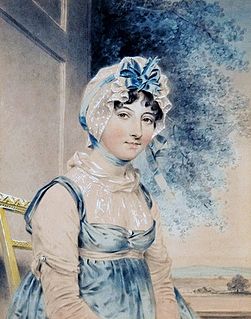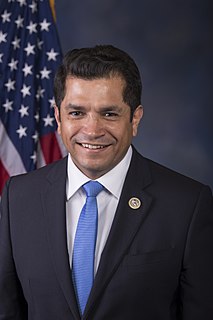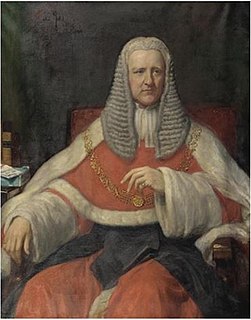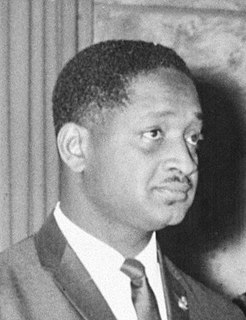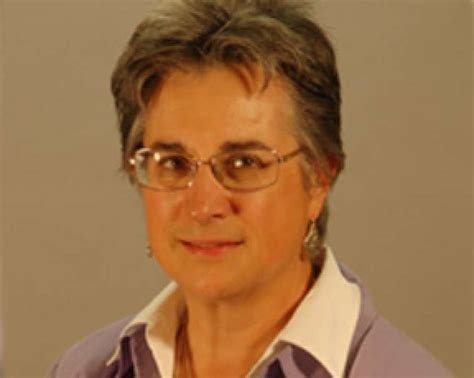A Quote by Maria Edgeworth
The law, in our case, seems to make the right; and the very reverse ought to be done - the right should make the law.
Related Quotes
In war, in some sense, lies the very genius of law. It is law creative and active; it is the first principle of the law. What is human warfare but just this, - an effort to make the laws of God and nature take sides with one party. Men make an arbitrary code, and, because it is not right, they try to make it prevail by might. The moral law does not want any champion. Its asserters do not go to war. It was never infringed with impunity. It is inconsistent to decry war and maintain law, for if there were no need of war there would be no need of law.
The industrial and social injustice of our era is the tragic aftermath of democracy's overemphasis on freedom as the "right to do whatever you please." No, freedom means the right to do what you ought, and ought implies law, and law implies justice, and justice implies God. So too in war, a nation that fights for freedom divorced from justice has no right to war, because it does not know why it wants to be free, or why it wants anyone else to be free.
A year ago Guyana became politically free and independent. She assumed the untrammeled right to make her own decisions on what ought to be done or ought not to be done within her border. Since then, hers has also been the right to decide what course she would take and to state her views and opinions positively in the fora of the world. As we celebrate the first anniversary of freedom, it is our duty to take account of what we have achieved or what we have failed to do, to note where we have done well and what we ought to have done better.
You may be surprised to learn that, in our law, although the fetus is currently without the right to life, it does have some rights. For instance, under civil law, the unborn child has the right to inherit part of his father's estate should his father die before he is born, and he has the right to sue his Mother, or a doctor, for injuiries sustained while in the womb.
We make a big mistake when we conclude that the law is the answer to bad behavior. In fact, the law alone stirs up more of such behavior. People get worse, not better, when you lay down the law. To be sure, the Spirit does use both God's law and God's gospel in our sanctification. But the law and the gospel do very different things.
I believe abortion should be safe and legal in this country. I believe that since Roe v Wade has been the law for 20 years that we should sustain and support it. And I sustain and support that law and the right of a woman to make that choice. We can believe what we want, but will will not force our beliefs on others on that matter. And you will not see me waivering on that.
The principle of Parliamentary sovereignty means neither more nor less than this, namely, that Parliament thus defined has, under the English constitution, the right to make or unmake any law whatever; and, further, that no person or body is recognised by the law of England as having a right to override or set aside the legislation of Parliament.
In its proper meaning equality before the law means the right to participate in the making of the laws by which one is governed, a constitution which guarantees democratic rights to all sections of the population, the right to approach the court for protection or relief in the case of the violation of rights guaranteed in the constitution, and the right to take part in the administration of justice as judges, magistrates, attorneys-general, law advisers and similar positions.
